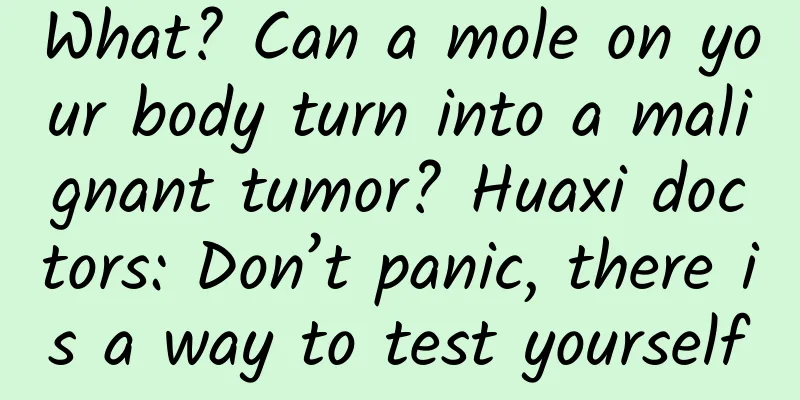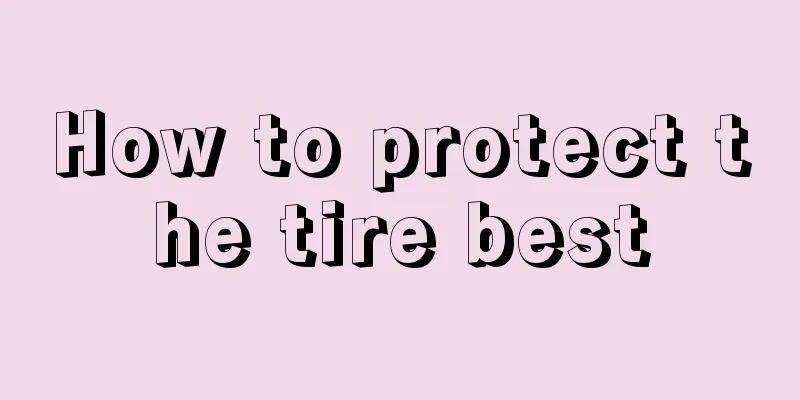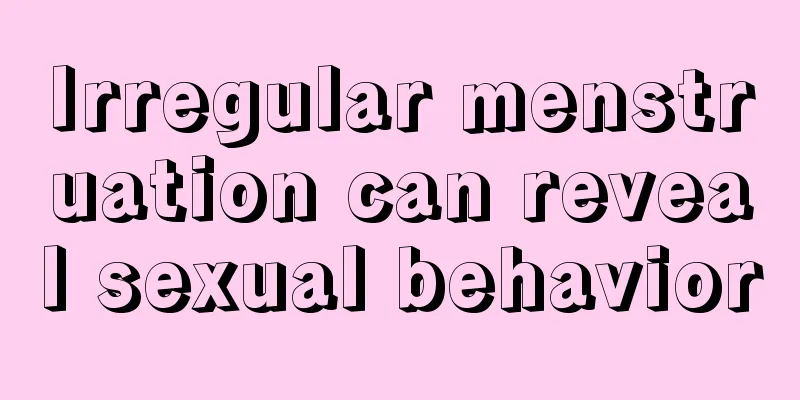What should I do if I have cervical pain during confinement?

|
The confinement period is a process of self-repair for women's bodies. If you do not pay attention to care, it is easy to leave sequelae. Many mothers feel pain in their cervical spine during the confinement period. In fact, this situation is mostly caused by qi and blood deficiency, long-term breastfeeding, lowering the head, and incorrect feeding methods. So, what should you do if you have cervical pain during the confinement period? Mothers can try the following methods. How to protect the cervical spine when breastfeeding? When breastfeeding, it is best to lean your back against the bed or sofa, and do not leave your arms empty; use a pillow to support your arms. This can protect the cervical spine and arms very well, and there will not be much harm even if breastfeeding lasts for a long time. You can also try to breastfeed while lying down during the confinement period, but be careful not to block the baby's nostrils, and be careful not to fall asleep while breastfeeding. (Many mothers are prone to accidentally falling asleep during the confinement period due to physical weakness.) Neck and shoulder warmth The body of a postpartum mother has the physiological characteristics of "all the meridians are empty and easy to be invaded by external evil", so Chinese medicine particularly emphasizes the need to pay attention to the invasion of wind, cold and dampness after childbirth. Many people pay attention to keeping their bodies warm, but tend to neglect keeping their shoulders and necks warm. It is recommended that postpartum mothers do not wear clothes with too low collars. If you feel cold around your neck, it is best to wear a silk scarf to protect your cervical spine, which is less likely to cause cervical spondylosis. Avoid hunching your back In addition to the cervical spine problem, I would like to remind you one more thing. New mothers after childbirth will involuntarily arch their backs when breastfeeding, and some babies take a longer time to breastfeed. If this goes on for a long time, the new mother will not only suffer from back pain, but will also not be able to realize that she has been bending over involuntarily when walking normally, because hunching over has become a normal state. In addition, some new mothers may need to hold their babies or change their babies' diapers frequently, and may also face the problem of involuntary bending over. In short, long-term hunching over will cause new mothers to feel sore when they occasionally straighten their backs. If they do not pay attention to consciously keep their chests and heads up, they will develop a habitual hunchback and cause spinal deformity. |
<<: Swollen and painful finger joints during late pregnancy
>>: What to do if your gums swell during breastfeeding
Recommend
Where is the most authentic grapefruit? How to choose grapefruit
Grapefruit, also known as grapefruit, originated ...
Is Pueraria lobata effective for breast enhancement?
Every country has some valuable natural wealth, a...
How long does it take for a woman to give birth
Every woman may have been looking forward to meet...
Can a baby who has just turned one month old sleep on his side? What is the best sleeping position for a baby who has just turned one month old?
We all know that when a baby is just one month ol...
If the red envelope for a wedding is too small, can I give it twice? How to make up for the small amount of red envelope?
When your friend gets married and you accidentall...
I had sex 5 days after I took out the ring.
The contraceptive ring is something placed in the...
At what level of trauma should surgery be chosen?
Risks are everywhere in life. Therefore, bumps an...
What to do if there are small bumps inside the vulva
The vulva is a very familiar tissue part for wome...
Difference between left ovulation and right ovulation
Getting married and having children is every woma...
Can a woman who has had a vasectomy still have a baby?
Female sterilization refers to the surgical cutti...
What are the colors and logos of garbage bins? What category does a paint can belong to?
In order to standardize garbage classification an...
How to choose milk dates? Are green dates and milk dates the same?
Milk dates are rich in fructose and fiber, especi...
What should you pay attention to when doing chest essential oil massage?
There are many essential oils on the market now, ...
The temperature drops the day after ovulation
The normal body temperature of a person should be...
What are the advantages and disadvantages of scraping? Did you know?
Scraping is a method of treatment in Traditional ...









